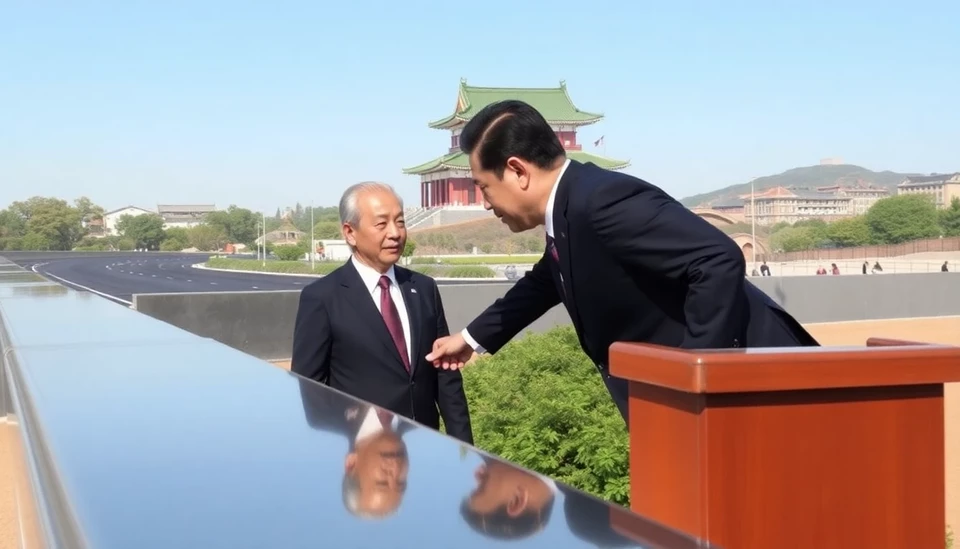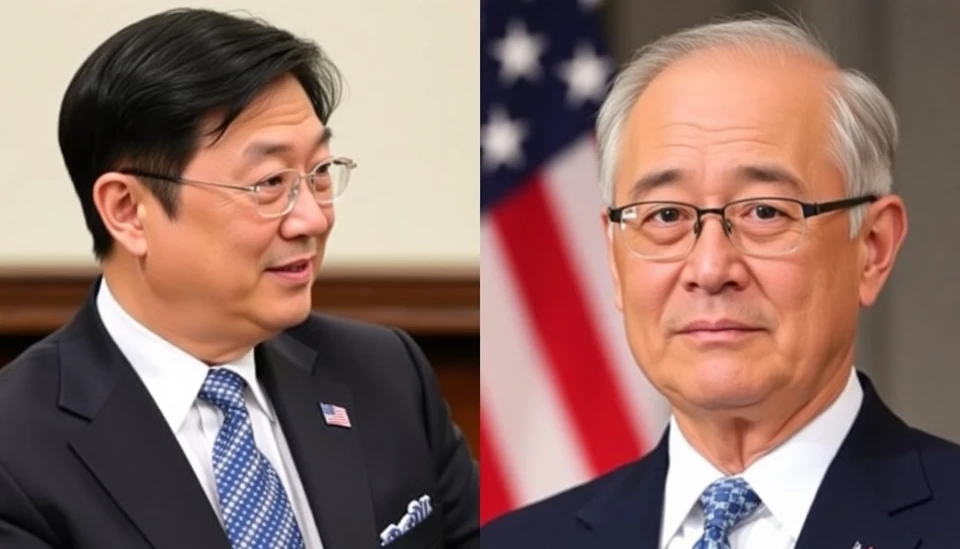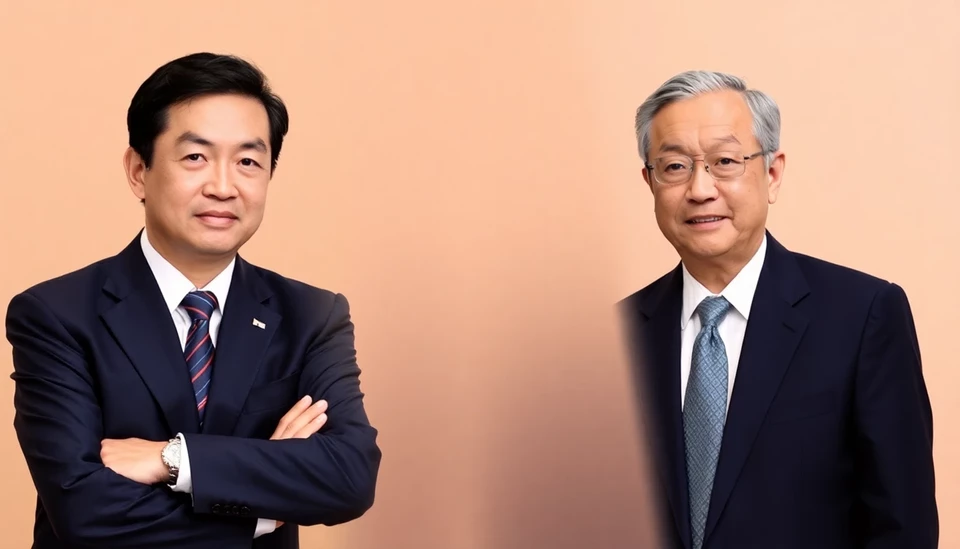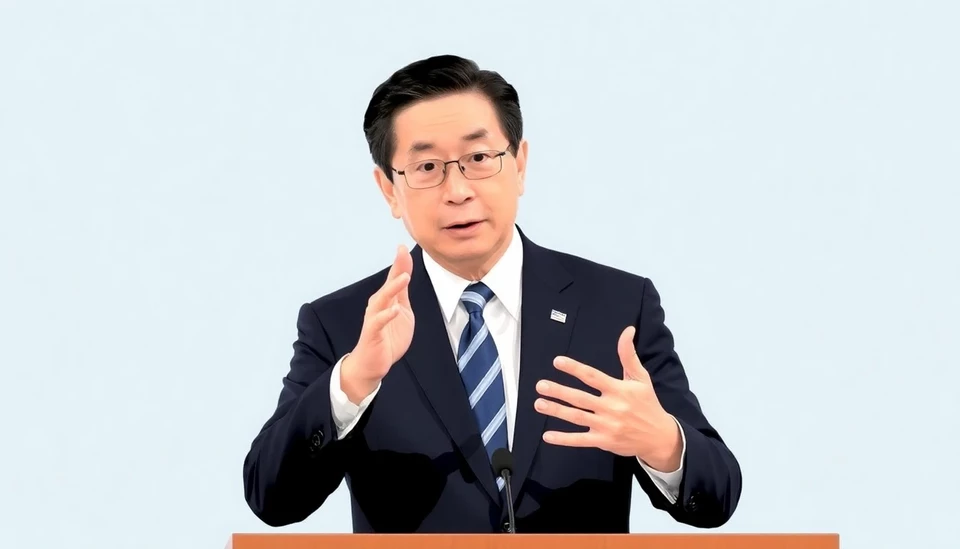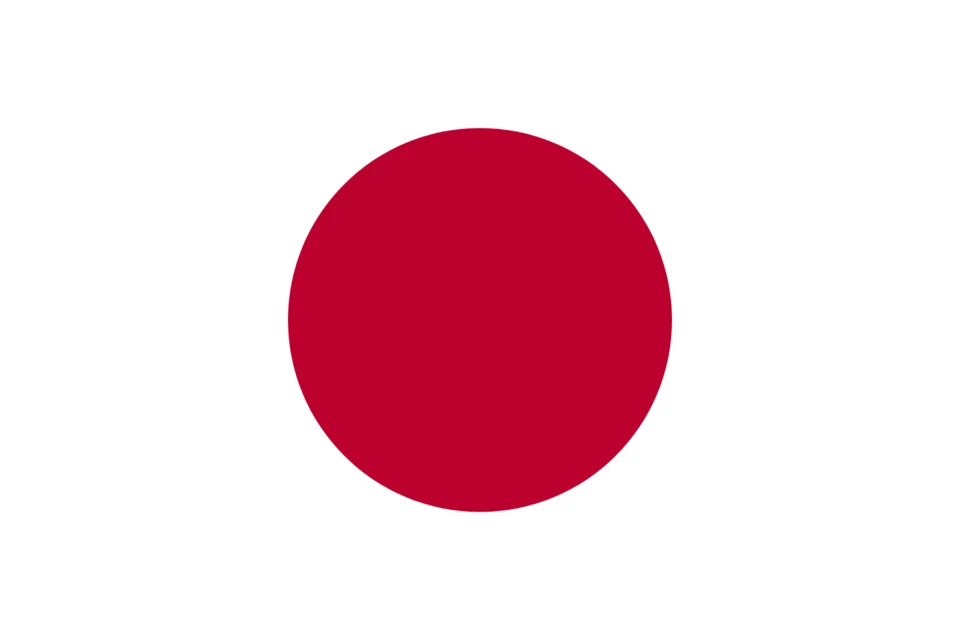
In a decisive move that is bound to stir discussions in economic circles, former Japanese Minister of Defense and prominent political figure, Shigeru Ishiba, has confirmed that he will not pursue an increase in the country’s sales tax during his anticipated three-year term as leader of the Liberal Democratic Party (LDP). This declaration comes on the heels of ongoing debates surrounding economic stability and recovery in Japan.
Ishiba, who is eyeing a leadership position within the LDP, emphasized that raising the sales tax would not be a viable option given the current economic climate. Instead, he argues for a strategic focus on stimulating growth and bolstering consumer spending. His approach resonates with many citizens who are feeling the pressures from rising living costs and the lingering effects of the COVID-19 pandemic.
In recent years, Japan has grappled with multiple economic challenges, including sluggish growth rates and deflation. A significant concern has been the impact of tax increases on consumer confidence and public spending. Ishiba’s stance could be interpreted as a response to these economic realities, aiming to reassure the public and businesses that the government will prioritize economic recovery and support.
Furthermore, Ishiba's approach contrasts sharply with previous administrations that have considered sales tax hikes as necessary measures to balance Japan’s ever-growing public debt. By sidestepping this contentious issue, Ishiba is positioning himself as a leader who prioritizes the immediate needs of citizens over fiscal conservatism. This could endear him to voters who are wary of more burdensome taxes amid ongoing financial strains.
As election season looms, Ishiba is likely to rally support by promoting economic policies that focus on job creation and income growth rather than increasing the tax burden. His views may also influence broader discussions within the LDP, as party members face pressure from constituents to adopt more consumer-friendly policies.
Ishiba’s rejection of a sales tax hike invites further scrutiny regarding how his administration would address the national debt and infrastructure funding. Critics will likely question the sustainability of economic policies that do not involve tax adjustments, prompting Ishiba and his supporters to present solid financing plans for anticipated expenditures.
As Japan continues to stabilize from the pandemic and combat inflation, Ishiba's proposal could reshape economic policies in the country. His vision reflects a broader understanding of the complexities of governance, where economic recovery must be balanced with the financial realities facing ordinary citizens.
In summary, Ishiba’s firm stance against a sales tax increase marks a strategic pivot in Japan’s political and economic dialogues as the LDP prepares for future leadership changes. His emphasis on stimulating the economy without imposing heavier tax burdens will undoubtedly resonate with voters concerned about their financial well-being.
As we move forward, it remains to be seen how Ishiba’s policies will be implemented and how they will impact Japan’s economic landscape over the next few years.
#Ishiba #Japan #SalesTax #Economy #LiberalDemocraticParty #PoliticalLeadership #TaxPolicy #ConsumerSpending
Author: Rachel Greene
